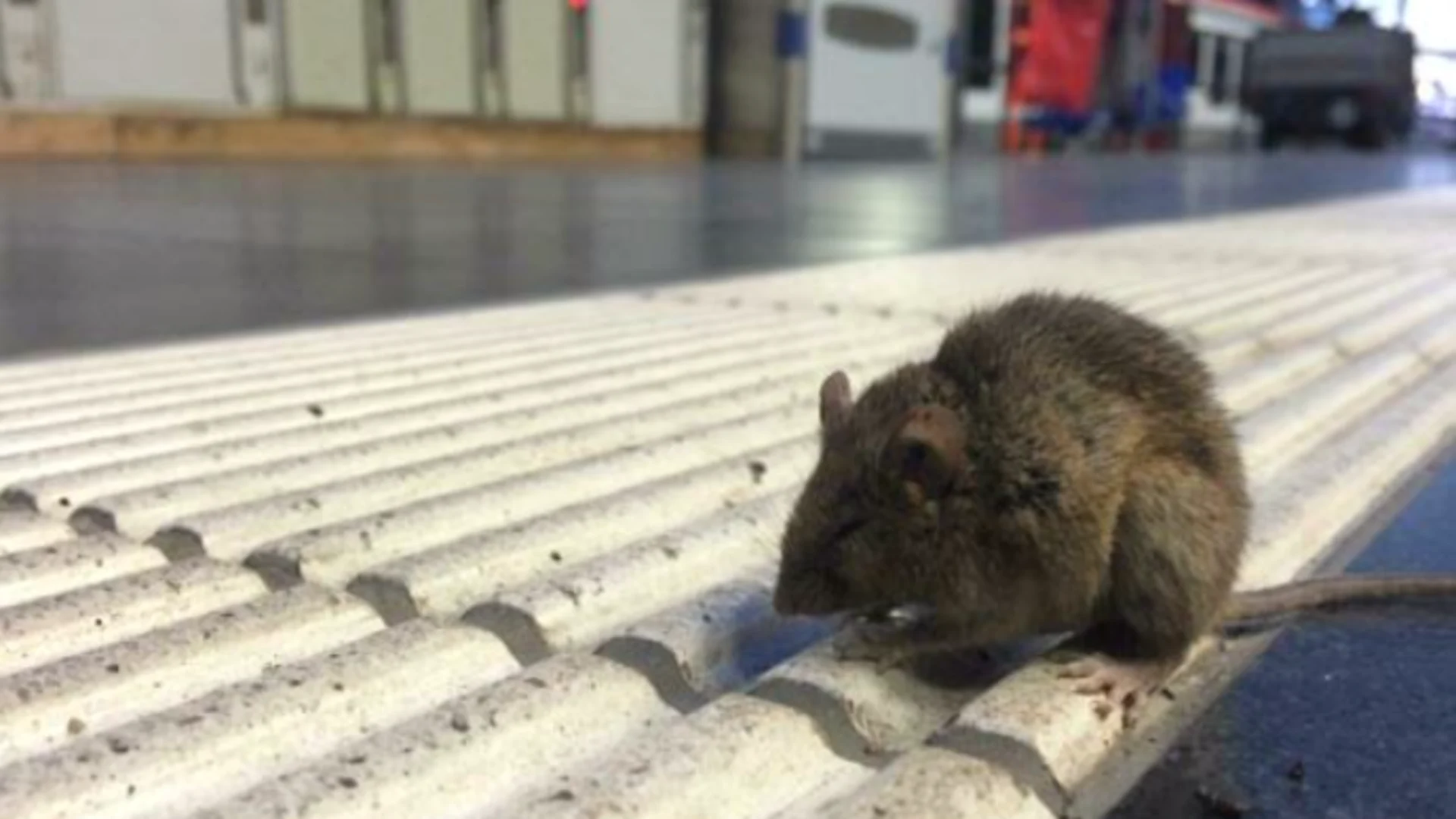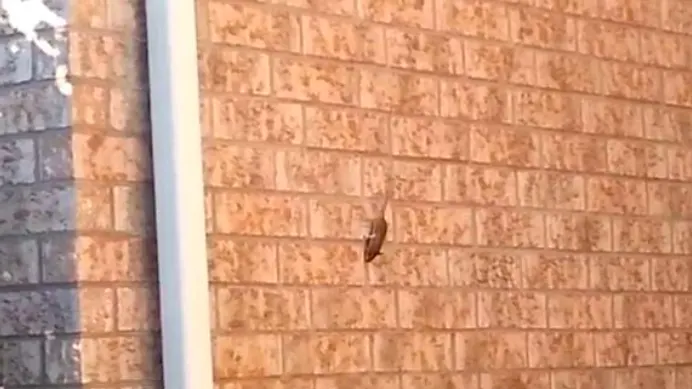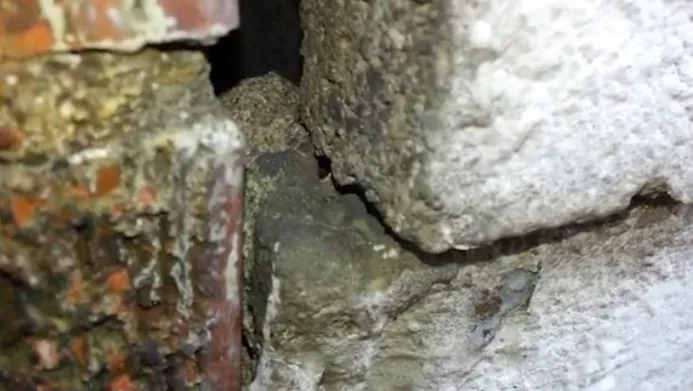
Winter is coming — it’s time to mouse-proof your home
With colder weather on its way, animals are looking to get inside our homes, especially mice and rats. The Weather Network's Marta Czurylowicz talks to an expert about spotting these unwelcome guests.
With winter right around the corner, temperatures are beginning to drop, and so have the hours of daylight. These weather-related changes are triggers for animals to look for a warm place to shelter for the upcoming season.
Now is primetime for mice to flood our homes — and seeing one likely means there's dozens more.
“Every month of the year, mice are active," explains Bill Dowd, founder and president of Skedaddle Humane Wildlife Control. "Research typically states that for every mouse you see, there's 15 or 20 others, and they reproduce every 21 days. So in 21 days, they're at that maturity where they can give birth again. If you see a mouse, if you hear a mouse, it's not the only one. That's the biggest misconception with mice, is homeowners think it was only one, but no, there's a lot more out there and it's only going to get worse.”
Dowd says in the span of a year, two mice reproducing could lead to 5,000 mice in a home.
If that’s not scary enough, mice can get into your home at all levels. Rodents are great climbers, easily accessing vents halfway up the exterior walls.
“So the whole house is vulnerable,” adds Dowd.

A mouse is seen scurrying down the exterior wall of a home. Courtesy: Skedaddle Humane Wildlife Control
RELATED: How to keep the mice out when the season changes
WHAT CAN YOU DO TO MOUSE-PROOF YOUR HOME?
1. Check your home frequently. Get outside.
Look for openings or cracks in the caulking. Basically anything that compromises the wall of the home is acceptable for mice.
“There will be broken holes through the brick to allow the hydro to get inside the home, so mice will get into the sides here, underneath, or on top and then get into the home,” explains Dowd.
Open the flaps of vents outside the home to see if there is any trace of mouse droppings or a greasy substance called sebum.
“A well-used entry area...you're going to see some dirt, some sebum which is the grease that's on their fur, it will kind of be discoloured,” says Dowd. “Mice will climb a wall and they'll go up and wear the brick meets the siding, they will squeeze in underneath that gap, especially where the brick is recessed and goes into, underneath the siding. That's a prime entry area.”

Sebum is the greasy substance found on mouse fur that can often be left behind on well-used entry points into and out of homes. As seen in the photo above, it is often discoloured and waxy in appearance. Courtesy: Skedaddle Humane Wildlife Control
2. Take a look in your attic
Look for chewed wiring up there. Mice are rodents, which means their teeth are constantly growing. Just like beavers, they need to chew for recreation.
“Seventy-five per cent of every home we go into—whether it's a raccoon call, a squirrel call—have mice, and for a homeowner you might not even know that,” said Dowd.
You may not hear or see the mice in your home, but once you’re up in your attic you may see visual cues that mice in fact are living with you.
“You're going to see little holes in the insulation where mice have been burrowing down through...and then little trails across the top," Dowd explains. "Almost like a runway work, a maze of little trails, all through the top of your insulation. Almost like someone walked around and put their thumbs down in all your insulation. That's the mice burrowing down through the insulation getting right on top of the drywall and scratching and chewing.”
3. Keep the garage clean.
Garages are never really set to the ground. Dowd says they may have weather stripping but that can sometimes get worn.
Keeping garbage and compost in the garage is an invitation for mice. Keep the space clean.
“They can get inside the garage where the garbage is or recycling, and then from the garage they can then get inside to the attic or the wall cavities and get into the kitchen and whatnot,” he says.
4. If you have a problem, call the experts!
“All animals are looking to get into homes right now. Mice, raccoons, squirrels, skunks, birds - they are all active right now. They know winter is coming. They're looking for that warm structure to survive and as we get out of the winter season, we're into baby season. So if you're hearing noises, call a professional and have it dealt with now.”
Editor's note: This article was originally published in November 2020










